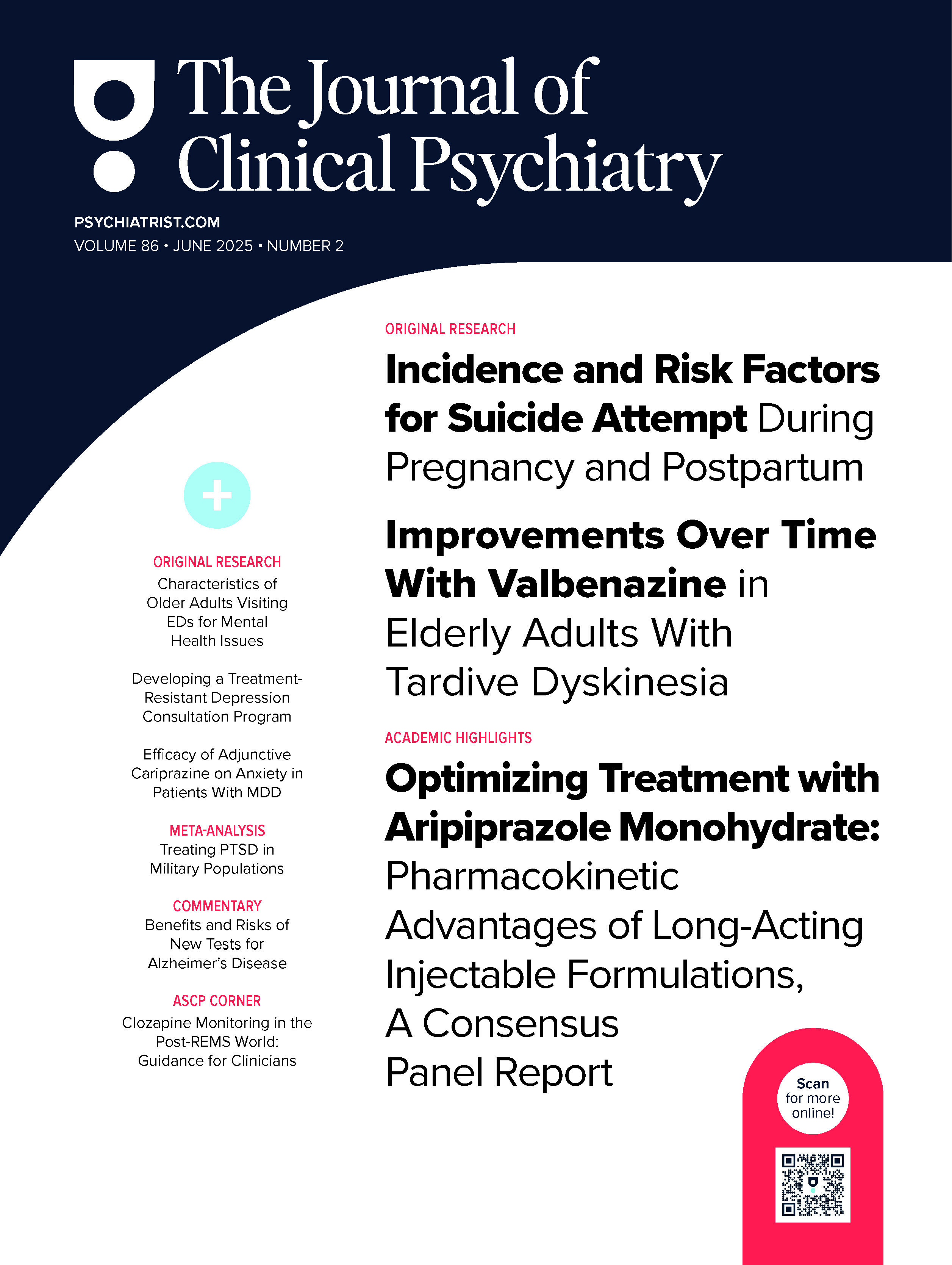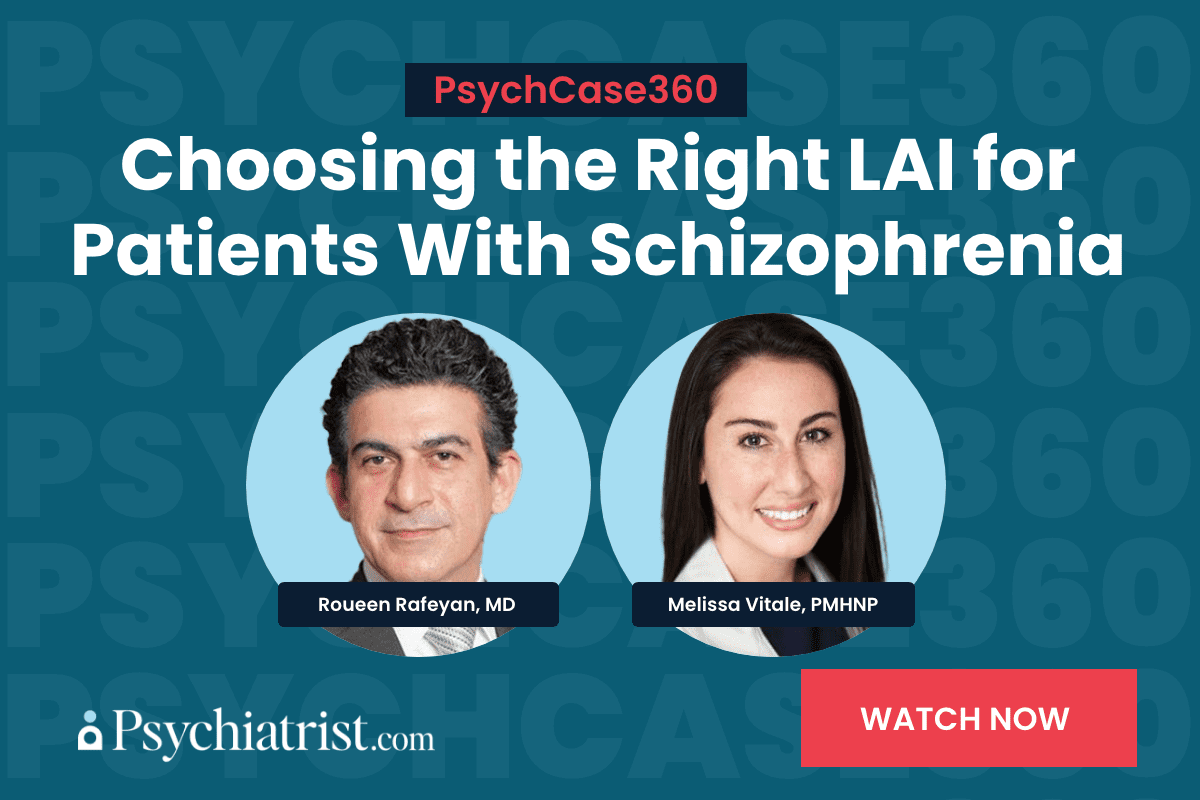Lewy body dementia, also referred to as dementia with Lewy bodies (DLB), is a neurodegenerativedisorder now considered to be the second most common cause of dementia after Alzheimer’s disease. Postmortem findings suggest that DLB accounts for 20% to 34% of all dementia cases and isoften underdiagnosed. Salient features of DLB include fluctuations in cognition, perceptual abnormalities(e.g., visual hallucinations), and mild parkinsonism. Other symptoms include frequent falls,nighttime agitation, and depression. DLB symptomatology can be partly explained by the extensivedestruction of dopaminergic and acetylcholinergic pathways caused by neurodegeneration. For thisreason, DLB patients are especially vulnerable to the antidopaminergic and anticholinergic actions ofmost conventional antipsychotics, which makes treatment of the psychotic symptoms of DLB extremelydifficult. Patients are particularly sensitive to developing extrapyramidal symptoms (EPS)and also to the potentially fatal complication of neuroleptic sensitivity, which affects ~50% of DLBpatients. Therefore, a need exists for antipsychotic drugs with less propensity to induce EPS andreduced affinity for dopamine and acetylcholine receptors. Here we review studies evaluating the efficacyand tolerability of atypical antipsychotics for the treatment of psychoses associated with DLB.Olanzapine appears to be poorly tolerated, and risperidone has been associated with high risk of neurolepticmalignant syndrome. Clozapine use remains controversial because of its potent anticholinergicaction and risk of agranulocytosis. Quetiapine has been shown to reduce psychiatric manifestationsof DLB without causing neuroleptic sensitivity or increasing EPS. Hence, quetiapine is anattractive candidate for the treatment of psychoses in DLB and other dementias.
This PDF is free for all visitors!

